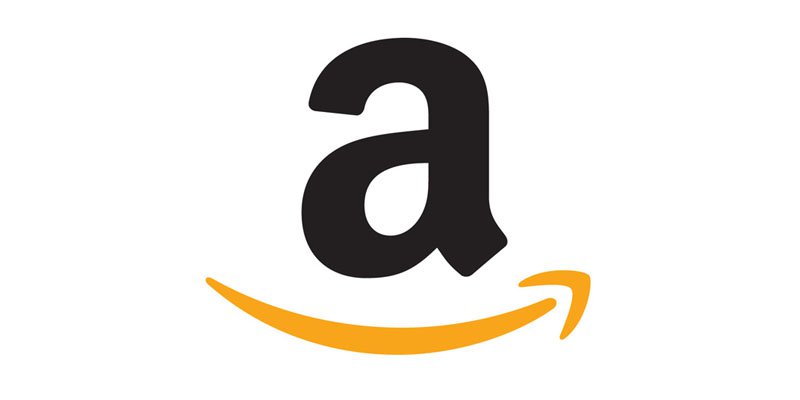
Amazon Sued by U.S. FTC and 17 States Over Antitrust Allegations
The U.S. Federal Trade Commission (FTC), along with attorneys general from 17 states, filed an antitrust lawsuit against Amazon on September 26.
The lawsuit accuses the e-commerce giant of using its “monopoly power” to artificially inflate prices, degrade the quality of the shopping experience, and stifle competition. The case was filed in a federal court in Seattle.
According to the FTC, Amazon employs anti-discounting measures to deter other online retailers from offering lower prices, effectively maintaining its monopoly. The agency also stated that Amazon requires sellers to use its costly fulfillment services to obtain the Prime badge, making it more expensive for them to do business on the platform. “Sellers are paying $1 of every $2 to Amazon,” said FTC Chair Lina Khan in a briefing, reported CNBC.
Amazon refuted the lawsuits, with David Zapolsky, Senior Vice President, Global Public Policy & General Counsel, saying the “suit makes clear the FTC’s focus has radically departed from its mission of protecting consumers and competition. The practices the FTC is challenging have helped to spur competition and innovation across the retail industry, and have produced greater selection, lower prices, and faster delivery speeds for Amazon customers and greater opportunity for the many businesses that sell in Amazon’s store.”
“If the FTC gets its way, the result would be fewer products to choose from, higher prices, slower deliveries for consumers, and reduced options for small businesses—the opposite of what antitrust law is designed to do. The lawsuit filed by the FTC today is wrong on the facts and the law, and we look forward to making that case in court,” said Zapolsky.
The lawsuit marks a significant milestone for FTC Chair Lina Khan, who gained prominence for her 2017 Yale Law Journal note, “Amazon’s Antitrust Paradox.” The FTC did not specify potential remedies but called for the court to prevent Amazon from continuing the alleged unlawful behavior and order “structural relief” to resolve the harm.
It’s unclear if other countries such as Canada would follow suit like the U.S. against Amazon.
Amazon shares closed nearly 4% lower following the announcement on Tuesday. The lawsuit comes after years of scrutiny over Amazon’s business practices, including investigations by the House Judiciary subcommittee on antitrust, which found that Amazon held monopoly power over most of its third-party sellers and many suppliers.


